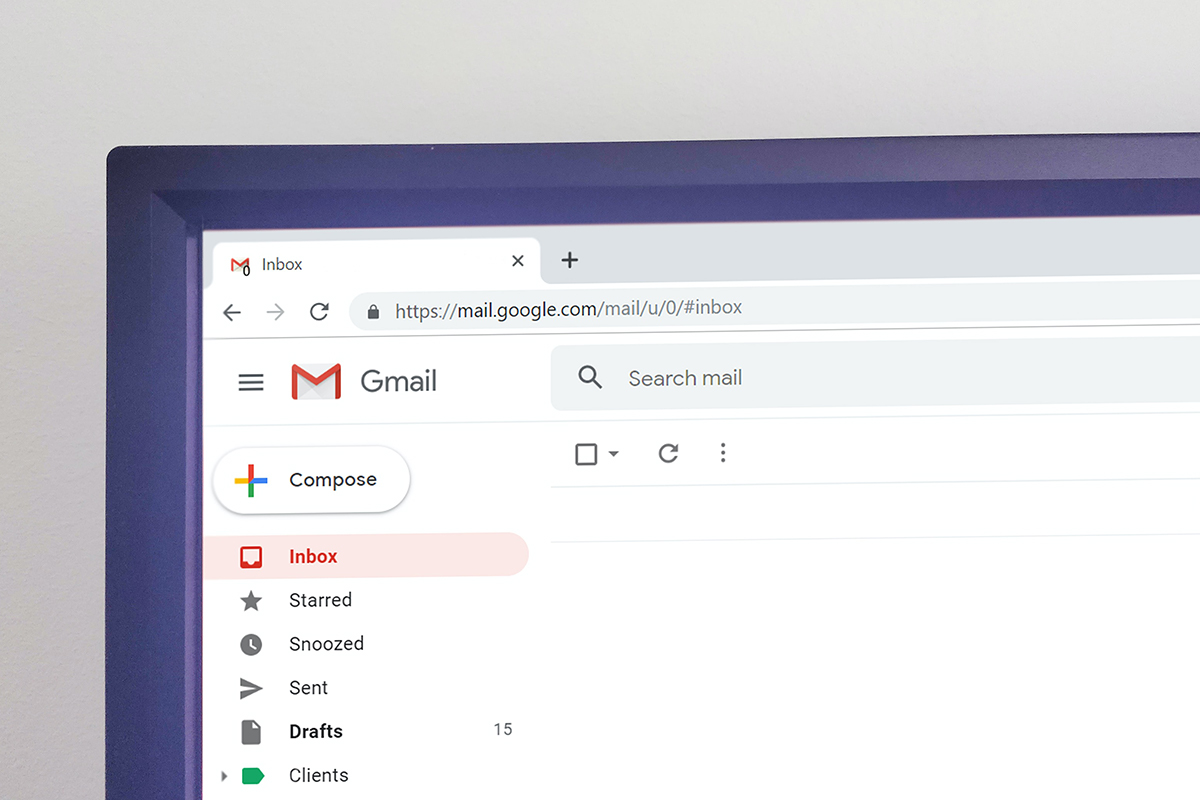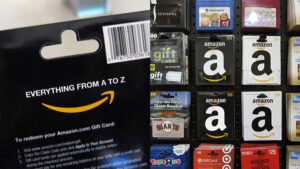Work for yourself | Click here to proceed
Start working today | Join now
Submit your information
Email marketing is a powerful tool for businesses to reach their customers directly. By building a list of subscribers, businesses can send out targeted messages to promote their products or services. Email marketing can be used to build relationships with customers, drive sales, and encourage loyalty.
When done correctly, email marketing can be an extremely effective way to reach your target audience.
Click Here to Start Work from Home Jobs
B2C email marketing can be a great way to connect with your customers and promote your products or services. However, there are a few things to keep in mind when doing B2C email marketing. Here are some tips:
1. Keep your emails relevant and interesting. Your customers will appreciate emails that are relevant to their interests and needs. Make sure your content is well-written and engaging, so they’ll actually want to read it.
2. Don’t bombard your customers with too many emails. They’ll likely get overwhelmed and tune out if you’re constantly sending them messages. Find a good balance between keeping in touch and being annoying.
3. Timing is everything. Send your emails at the right time, such as when they’re most likely to check their inboxes or when you have a sale going on that they might be interested in. 4. Personalize whenever possible.
Your customers will feel more connected to you if you take the time to personalize your communications with them. Include their name in the subject line or greeting, and make sure the content of the email is relevant to their interests. 5ConnectionwithcustomersiskeyforB2Cemailmarketingcampaignstosucceed!
B2C email marketing-Best Practices
What is B2C Email Marketing?
B2C email marketing is a form of direct marketing that uses email as a means of communication between a business and its customers. Email can be used to promote products or services, or simply to keep in touch with existing and potential customers. It is an effective way to reach out to a large number of people without incurring the high costs associated with traditional marketing methods such as print or television advertising.
B2C email marketing campaigns are typically designed to build relationships with customers, rather than simply promoting a product or service. The aim is to create loyalty and encourage customers to keep coming back. In order to do this, businesses need to provide value-added content that will be of interest to their target audience.
This could include special offers, discounts, news updates, competitions or helpful tips and advice. To be successful, B2C email marketing needs to be well-planned and targeted at the right audience. It is also important to have realistic expectations – it takes time to build up a loyal customer base, and not every email will result in a sale.
However, if done correctly, B2C email marketing can be an extremely effective way of growing your business and boosting sales.
What is B2C Marketing Examples?
B2C marketing, or business-to-consumer marketing, is the process of marketing goods and services to consumers. Businesses that use B2C marketing sell products or services directly to consumers through channels such as brick-and-mortar stores, catalogs, television commercials, and online retailers. There are many different types of B2C marketing strategies and tactics that businesses can use to reach their target consumers.
Some common examples of B2C marketing include advertising, public relations, direct mail, and email marketing. Businesses need to carefully select the right mix of B2C marketing tactics to reach their target consumers effectively. The most successful B2C marketers use a combination of traditional and digital marketing techniques to reach their audiences.
What is B2B And B2C in Email Marketing?
Email marketing can be divided into two categories: B2B and B2C. B2B email marketing is when businesses send emails to other businesses. The goal of B2B email marketing is usually to build relationships and generate leads for the business.
To do this, businesses typically send informative emails that offer something of value to the recipient, such as a white paper or an eBook. B2C email marketing is when businesses send emails to consumers. The goal of B2C email marketing is usually to promote a product or service, or to encourage customers to take some kind of action, such as making a purchase or signing up for a newsletter.
To do this, businesses typically send promotional emails that feature special offers or discounts. Both B2B and B2C email marketing can be effective strategies for growing a business. Which one you choose will depend on your goals and your target audience.
What is B2C Email List?
A business-to-consumer (B2C) email list is a list of email addresses used by businesses to promote their products or services to consumers. These lists can be compiled from various sources, including opt-in forms on websites, registration forms for events or newsletters, and purchase records from online stores. The benefits of using a B2C email list are that businesses can target their marketing messages specifically to consumers, and they can track the results of their campaigns by measuring the number of clicks, forwards, and purchases made in response to the emails.
Additionally, B2C email lists can be segmented so that businesses can send different messages to different groups of consumers, based on factors like age, location, or buying habits. To ensure that your B2C email list is effective, it’s important to keep it clean and up-to-date; this means removing inactive or invalid email addresses on a regular basis. Additionally, you should make sure that you’re only sending permission-based emails; this means obtaining explicit consent from each individual on the list before sending them any marketing material.
Finally, it’s also important to respect people’s privacy preferences; if someone asks to be removed from your list, you should do so promptly.
Click Here to Start Work from Home Jobs

Credit: www.enginemailer.com
B2C Email Marketing Examples
B2C Email Marketing Examples Email marketing is one of the most effective ways to reach your customers. It’s personal, targeted, and can be highly engaging if done well.
However, crafting the perfect email isn’t always easy. That’s why we’ve put together a list of B2C email marketing examples from some of the world’s leading brands. These companies are doing email right, and you can learn from their success.
1. Target Target uses email to stay top-of-mind with its customers. The retailer sends regular promotional emails with coupons and deals on items that may be relevant to recipients.
For example, this Mother’s Day email features deals on flowers, clothes, and beauty products. What makes Target’s emails so successful is that they are highly personalized. The company uses data from shoppers’ past purchases and web browsing behavior to make recommendations for future purchases.
This helps ensure that each recipient receives an email that is tailored to their interests. 2. Airbnb Airbnb also relies heavily on personalization in its email marketing campaigns.
The home rental company sends travelers emails with suggestions for places to stay based on their previous searches and bookings. This allows Airbnb to upsell its services and encourage guests to come back in the future.
B2C Meaning
In business, the term “B2C” stands for “business to consumer.” B2C businesses are those that sell products or services directly to consumers. These businesses typically have a retail store or online presence where customers can purchase their products or services.
There are many different types of B2C businesses, ranging from small mom-and-pop shops to large multinational corporations. Some examples of common B2C businesses include grocery stores, apparel retailers, and home improvement stores. The vast majority of businesses are B2C businesses.
This is because most businesses produce goods or services that consumers need or want. For example, if you own a restaurant, then your business is a B2C business because you sell food and drinks directly to consumers. Similarly, if you own a hair salon, then your business is also a B2C business because you provide services directly to consumers.
While most businesses are B2C businesses, there are some exceptions. For instance, some manufacturers only sell their products to other businesses (known as “B2B” businesses), and don’t interact with consumers at all. Additionally, some service providers (such as accountants and lawyers) may only work with other businesses rather than individuals.
B2B Customers Make Their Purchasing Decisions Based Primarily on the Content of the Company Website.
B2B customers are smart. They know what they’re looking for and they want to find it quickly and easily on your company website. That’s why the content on your site is so important.
It needs to be well-written, informative, and easy to navigate. If it isn’t, you could be losing out on potential business. Here are a few things to keep in mind when creating content for your B2B website:
1. Write for your audience – Keep in mind who will be reading your content and write accordingly. Use language that is easy to understand and free of jargon. 2. Be helpful – Your goal should be to provide value to your readers.
Whether you’re giving them tips, advice, or product information, make sure it’s something that will help them in some way. 3. Be concise – No one wants to read a novel on your website. Get to the point and give them the information they need without making them wade through paragraphs of text.
4. Use visuals – People are visual creatures, so incorporating images and videos into your content can help make it more engaging and memorable.
Click Here to Start Work from Home Jobs
Conclusion
B2C email marketing is a term used to describe the process of sending marketing messages to customers via email. Email has been shown to be an effective way to reach customers and persuade them to purchase products or services. In order for B2C email marketing to be successful, businesses must first build a list of email addresses.
This can be done by collecting customer information at the point of sale, online sign-ups, or through other means. Once a list is built, businesses must then create compelling emails that offer value to the customer and encourage them to take action. Finally, businesses must track the results of their B2C email campaigns in order to optimize future efforts.



